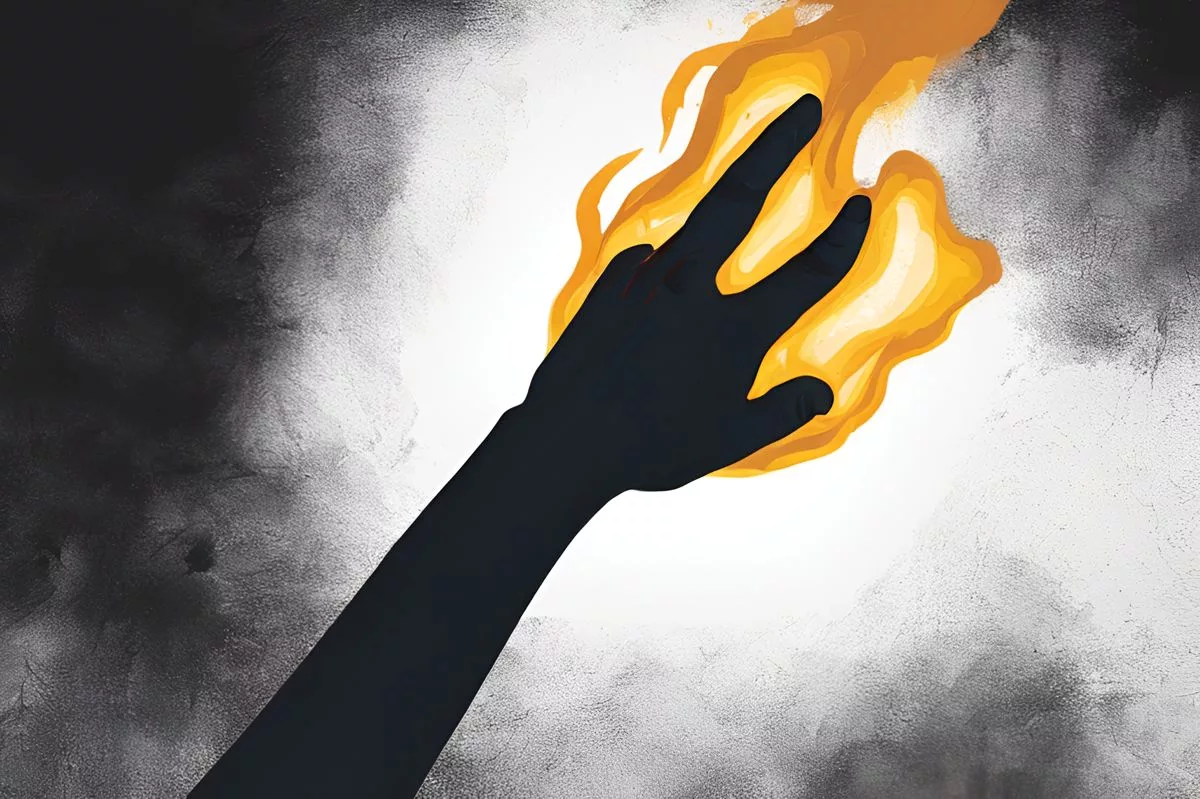The tragic event of the Dickason Family Incident in New Zealand resulted in the loss of three young children. Lauren Anne Dickason, the mother, was diagnosed with major depressive disorder and will be committed to a mental health institution until she attains stability, after which she will serve an 18-year sentence in a correctional facility. Her case highlights the need for a balance in the justice system between protecting society and rehabilitating those with mental health disorders. The incident sparked a paradigm shift in forensic law towards rehabilitation-focused measures.
The Dickason Family Incident in New Zealand involved a tragic event that led to the loss of three young children. The mother, Lauren Anne Dickason, was diagnosed with major depressive disorder and was committed to a mental health institution rather than a correctional facility. She will be under round-the-clock watch until she attains mental stability, after which she will be transferred to a correctional facility. Her case highlights the delicate balance the justice system needs to strike between protecting society and addressing the rehabilitation needs of those grappling with mental health disorders.
In 2021, the tranquility of Christchurch, a scenic city in New Zealand, was shattered by a chilling crime. A family, recently relocated from South Africa, became the centerpiece of a horrifying event that would leave a permanent scar in the country’s criminal history. Central to this tragedy was Lauren Anne Dickason, the mother of three, whose actions led to a devastating loss and a subsequent court case that would span several years.
Lauren was the mother of twin girls, Maya and Karla, both two years old, and their elder sister, Liané, who was just six. The unfortunate event that took their lives unfurled one night and was later disclosed during Dickason’s court trial on three counts of murder in 2023, two years post the incident. The sentence was handed down today, requiring her to spend 18 years in a mental health institution.
The Promise of A New Beginning
The promise of a new life and a promising career opportunity for the father, Graham, an esteemed orthopaedic surgeon at Timaru Hospital, had stirred the family to relocate to New Zealand. The night the incident unfolded, Graham was away at a social gathering with workmates, leaving his children under the watch of their mother, Lauren. Alone with her offspring, she concocted an eerie game involving cable ties turned into makeshift necklaces, as detailed by The Press.
The seemingly innocent game soon spiraled into a horrifying event, resulting in the children’s suffocation. However, it was the mother’s act of smothering them with blankets that abruptly ended their tender lives. Engulfed by the weight of her deeds, Dickason tried to take her own life, initially with a knife and later with an overdose of tablets.
Judicial Verdict: A Balance between Justice and Rehabilitation
The judicial decision to commit Dickason to a mental health institution instead of a correctional facility was informed by a diagnosis of major depressive disorder in her adolescence and her elevated risk of self-harm. Consequently, she has been under round-the-clock watch since her indictment.
Justice Cameron Mander, in his report cited by The New Zealand Herald, opined that a life sentence with a minimum period of 17 years without parole would be grossly unjust. He pondered over the legal nuances and evidence of the case before dictating an 18-year sentence, to be served concurrently at Hillmorton Hospital, a mental health care facility.
The Road Ahead for Lauren Anne Dickason
Dickason’s time at the mental health facility isn’t limitless. She will stay there until she attains a level of mental stability suitable for a transfer to a correctional facility. After completing a third of her sentence, which will be six years in this case, she will be up for parole.
Despite the weighty sentencing, Dickason displayed no notable reaction. At Hillmorton, she will be under the meticulous care of healthcare professionals, receive medication, and have access to mental health specialists. Her defending attorney argued that this setting would furnish a level of care her complex mental health condition would not receive in a prison.
Lauren Anne Dickason’s case embodies the complex dynamics between mental health and criminal responsibility, triggering a paradigm shift in forensic law from punishment-oriented to rehabilitation-focused. It serves as a stark reminder of the delicate balance the justice system needs to strike: protecting society while also addressing the rehabilitation needs of those grappling with mental health disorders.
What is the Dickason Family Incident in New Zealand?
The Dickason Family Incident in New Zealand involved a tragic event that resulted in the loss of three young children. The mother, Lauren Anne Dickason, was diagnosed with major depressive disorder and was committed to a mental health institution rather than a correctional facility.
What is the judicial verdict of the case?
The judicial decision to commit Dickason to a mental health institution instead of a correctional facility was informed by a diagnosis of major depressive disorder in her adolescence and her elevated risk of self-harm. Consequently, she has been under round-the-clock watch since her indictment. Justice Cameron Mander dictated an 18-year sentence, to be served concurrently at Hillmorton Hospital, a mental health care facility.
What is the promise of a new beginning in the case?
The promise of a new life and a promising career opportunity for the father, Graham, an esteemed orthopaedic surgeon at Timaru Hospital, had stirred the family to relocate to New Zealand.
What is the road ahead for Lauren Anne Dickason?
Dickason will stay in the mental health facility until she attains a level of mental stability suitable for a transfer to a correctional facility. After completing a third of her sentence, which will be six years in this case, she will be up for parole.
How does the Dickason case highlight the need for a balance in the justice system?
The Dickason case highlights the delicate balance the justice system needs to strike between protecting society and addressing the rehabilitation needs of those grappling with mental health disorders.
What is the impact of the Dickason case on forensic law?
The Dickason case triggered a paradigm shift in forensic law from punishment-oriented to rehabilitation-focused. It serves as a stark reminder of the delicate balance the justice system needs to strike: protecting society while also addressing the rehabilitation needs of those grappling with mental health disorders.












